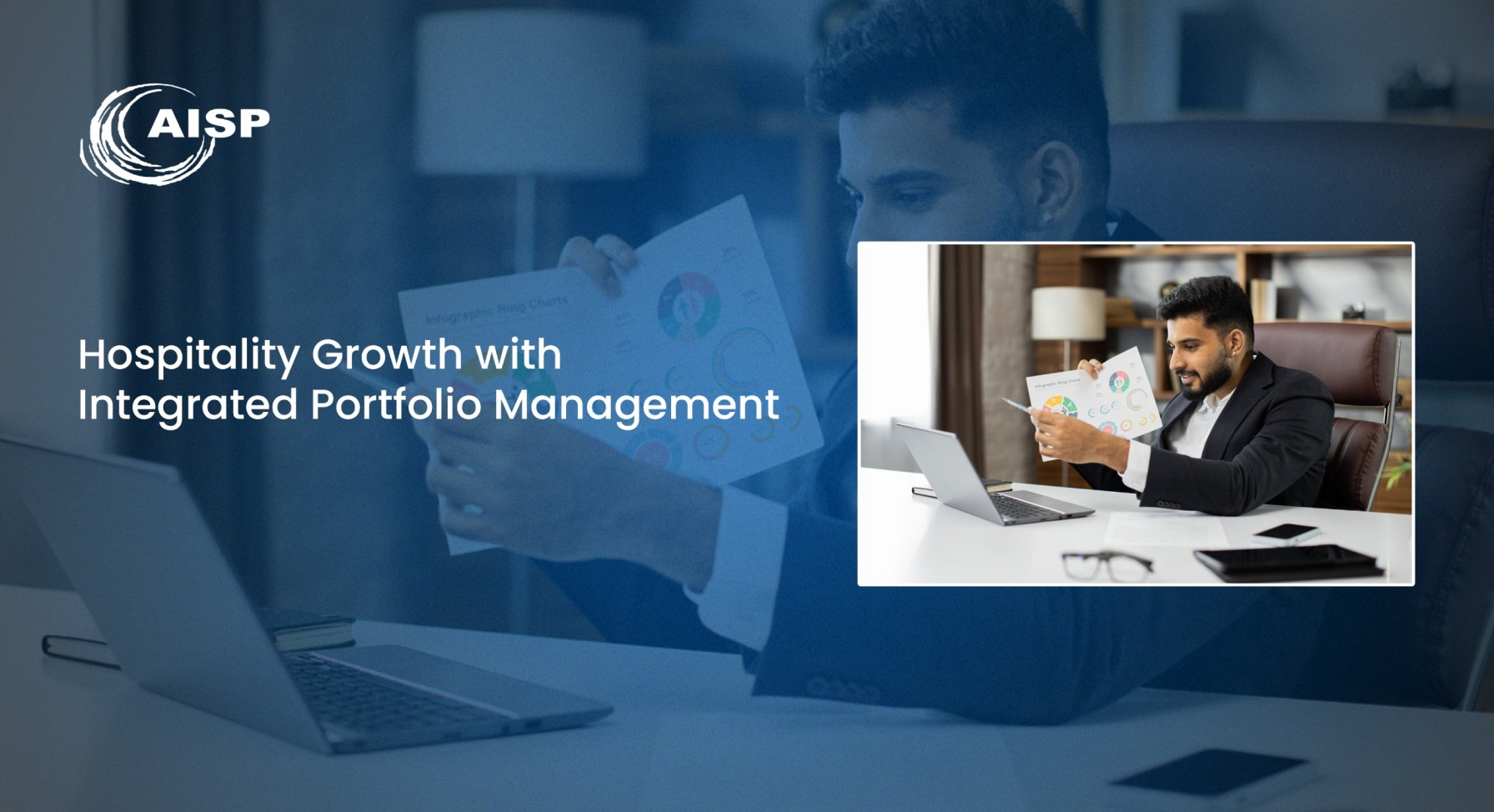
Hospitality Growth with Integrated Portfolio Management
Running a hotel or resort today is more than just offering a comfortable stay, it’s about creating seamless experiences for guests while keeping the business running efficiently. With so many moving parts, it’s easy to feel overwhelmed. That’s where integrated portfolio management makes a real difference. By bringing all operations, finances, and planning into one connected system, it helps hospitality businesses make smarter decisions, use resources wisely, and grow steadily. Simply put, it’s a smarter way to manage your properties, delight your guests, and stay ahead in a competitive industry.
What Is Integrated Portfolio Management?
Definition and Concept in Simple Terms
Integrated portfolio management is a method of managing all your hospitality properties and operations through one central system. Instead of handling finances, bookings, staff and marketing separately, everything is connected. This approach helps managers see the complete picture, make smarter decisions and ensure that every part of the business works together smoothly.
How It Differs from Traditional Management Systems
Traditional management usually involves running each property or department independently, often using separate tools, spreadsheets and reports. This can lead to inefficiencies, miscommunication and missed opportunities. Integrated portfolio management brings all elements together under one system, including operations, revenue, staffing and guest services, so decisions are faster, more informed and more effective.
Also Read:- Why Indian Businesses Are Turning to Integrated Facility Management for Efficiency
The Role of Integrated Portfolio Management in Hospitality
1. Centralising Operations and Decision-Making
Integrated portfolio management plays a key role in bringing all aspects of a hospitality business together in one place. From front-desk operations to housekeeping, inventory management and guest services, centralising these processes allows managers to have a clear view of how the entire business is performing. This makes decision-making faster and more accurate, ensuring every action contributes to overall growth and guest satisfaction.
2. Streamlining Finance, Marketing and Resource Allocation
Managing multiple properties often involves juggling budgets, marketing campaigns and staff allocation. Integrated portfolio management simplifies this by providing a unified platform where financial data, marketing efforts and resource planning are all connected. This ensures resources are used efficiently, marketing strategies are targeted effectively, and finances are managed with clarity, ultimately supporting sustainable growth across the hospitality portfolio.
Key Benefits of Integrated Portfolio Management
Better Cost Efficiency
By connecting all operations under one system, integrated portfolio management helps hospitality businesses reduce waste and optimise spending. Budgets are allocated wisely, resources are used effectively, and unnecessary costs are avoided.
Improved Guest Satisfaction
Centralised operations allow staff to respond quickly to guest needs and provide a consistent experience across all properties. From smoother check-ins to personalised services, guests enjoy a seamless stay that encourages loyalty.
Enhanced Data-Driven Decisions
Integrated portfolio management provides insights from all areas of the business, enabling managers to make informed decisions. Accurate data support pricing, staffing, and marketing strategies.
Real-Time Performance Monitoring
With integrated portfolio management, managers can monitor performance across properties in real time. This helps identify issues early, allowing quick problem-solving and continuous improvement.
Important Components of an Integrated Management System
Property and Asset Management
A core part of integrated portfolio management is keeping track of all properties and assets efficiently. This includes monitoring maintenance, managing inventories, and ensuring every property operates smoothly. Effective property and asset management reduces downtime and enhances overall operational efficiency.
Revenue and Booking Analytics
Understanding revenue streams and booking trends is essential for growth. Integrated systems provide analytics that help managers optimise pricing, identify peak periods, and make strategic decisions to maximise profitability.
Staff and Workflow Coordination
Managing teams and daily workflows across multiple properties can be challenging. Integrated portfolio management centralises staff schedules, task assignments, and communication, ensuring that operations run smoothly and employees are more productive.
Customer Relationship Management (CRM)
Guest satisfaction is at the heart of hospitality growth. An integrated CRM system stores guest preferences, booking history, and feedback, allowing personalised services and stronger relationships. This not only improves guest experience but also encourages repeat visits and loyalty.
Final Thought
Integrated portfolio management is no longer a luxury for hospitality businesses. It is a key driver of growth, efficiency and guest satisfaction. By centralising operations, optimising resources and enabling data-driven decisions, hospitality businesses can stay competitive and deliver exceptional experiences across all properties.
For organisations looking to implement these strategies successfully, expert guidance can make all the difference. AISP Project Management Consulting specialises in helping hospitality businesses adopt integrated systems, streamline operations and achieve sustainable growth. Their expertise ensures a smooth transition, maximises efficiency and empowers businesses to focus on what truly matters, delighting guests and growing their portfolio.




